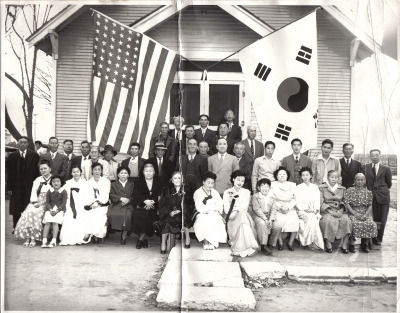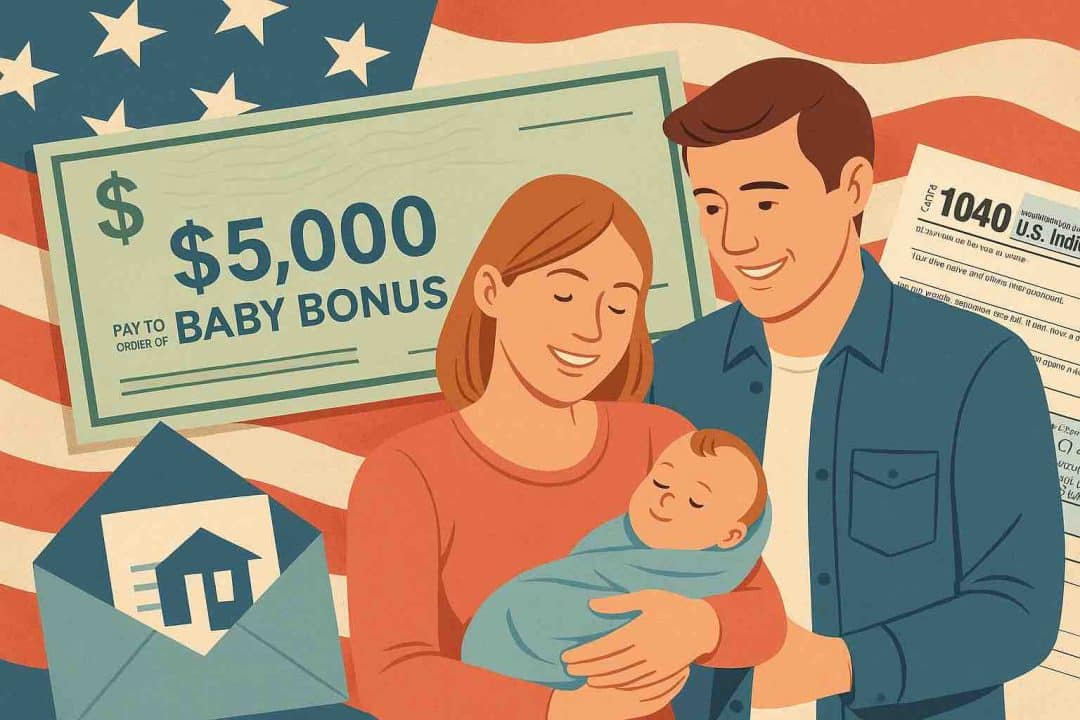Immigrants

May 31, 2018
In the spring of 1990, my father arrived in America with nothing but a two dollar American bill gifted to him from a childhood friend, the dirt-stained clothes on his body, and a certain optimism only an immigrant can have when given the potential opportunity for a better life. He was 22 at the time. Back in Korea, he lived in extreme poverty, where he went to bed hungry most nights, where he did not have time to study or further his education due to his active role in helping maintain the small family farm, where his distraught mother was forced to give up her youngest daughter-my father’s sister-to the foster care system because she could quite literally not afford to take care of her, and where he decided he wanted a better life for his future children.
After several years of scraping by and salvaging his already futile financial resources, he was able to purchase a ticket to America. America: the land of the free and the home of the Brave. America: the fantasy land he had only been able to read about on yellow scraps of old newspaper and the old static T.V. screens stationed around his neighborhood. America: the place, where, ten minutes after he had stepped foot on the ground, a man yelled at him to go back to his own country because “dirty Chinese people don’t belong”. He found out what this man shouted at him from across the airport platform months after the incident when he slowly started to learn English from thrifted grammar books intended for Elementary schoolers.
He attended community college for four months, working from five in the mornings at a minimum wage paying job until seven pm when he attended classes until the financial burden became too difficult to carry and forced him to drop out to hold a full-time job, working for 13 more hours a day. Due to his lack of proficiency in English, he was fired from one fast food joint to another until he managed to find a small Korean business offering minimum wage for basic office work, where he met my mother, who also did not know any English and was living in a small shack on the bare minimum.
Both first generation immigrants, my parents were living in a tortuous paradox in which the demands of the harsh realities of life kept them from becoming educated and proficient in English, but where their poor language skills translated into job rejections after job rejections, countless “we’ve sorry but we have to let you go”s, night after night of staying up to study English only to still be looked down upon for having an accent, a never-ending flood of racist comments made by people who just could not understand why they could not speak English in America, ignorant “you’re in America, speak English” remarks, and a barrier that separated them from the rest of society in which they inherently could never belong.
My family lived on food stamps and welfare for the majority of my childhood, and much of my youth is tainted by worries of whether or not we would be able to pay our bills, or whether we would finally be evicted from the house we are so lucky to have. As my parents did not advance in their education further than high school, I was forced to learn a second language and do my homework by myself starting from kindergarten. It is so insanely frustrating when others do not understand the struggle that immigrant people of color and their children have in the United States. It is so insanely frustrating when white people claim they have no privilege, but do not have to deal with random people on the streets yelling at them to go back to their country, or the struggles of learning a second language in a country that is highly prejudiced against all others except English, despite there actually is no national language. It is so insanely frustrating when white people who are middle to upper class increasingly insist that they are becoming the victims of racism when they have no knowledge of the racism present towards people of color in everyday situations that they never have to personally worry about and have never experienced. It is so insanely frustrating when us people of color have the courage to talk publically about our experiences but are shut down by a society that refuses to validate our opinions. It is so insanely frustrating when we are told to simply work hard and climb our way to success, just like how others are fortunate enough to do, while the narrative to white privilege, luck, certain circumstances, and connections playing a factor towards this success is left out. The fact of the matter is, immigrants are forced to work ten times harder for the same results, especially if they come from an ethnic background, while society chooses to instead focus its energy on whether or not these hardships even exist in the first place, rather than actually believe the struggles told by countless individuals and strive to fix these issues.
As a writer, there is only so much I can express through my written words, and this article no doubt drowns amidst thousands of other published works and thoughts similar to mine; no matter how much emotion I pour into my sentences, or how detailed I write my experiences, it is difficult to fully grasp this concept without having undergone these incidents firsthand. There is only so much I can say about racism and hardships and prejudice. There is only so much I can write about the hardships and difficulties for immigrants. There is only so much I can write because some people will just never understand. There is only so much that writers can write; there is so much more than society can do.







